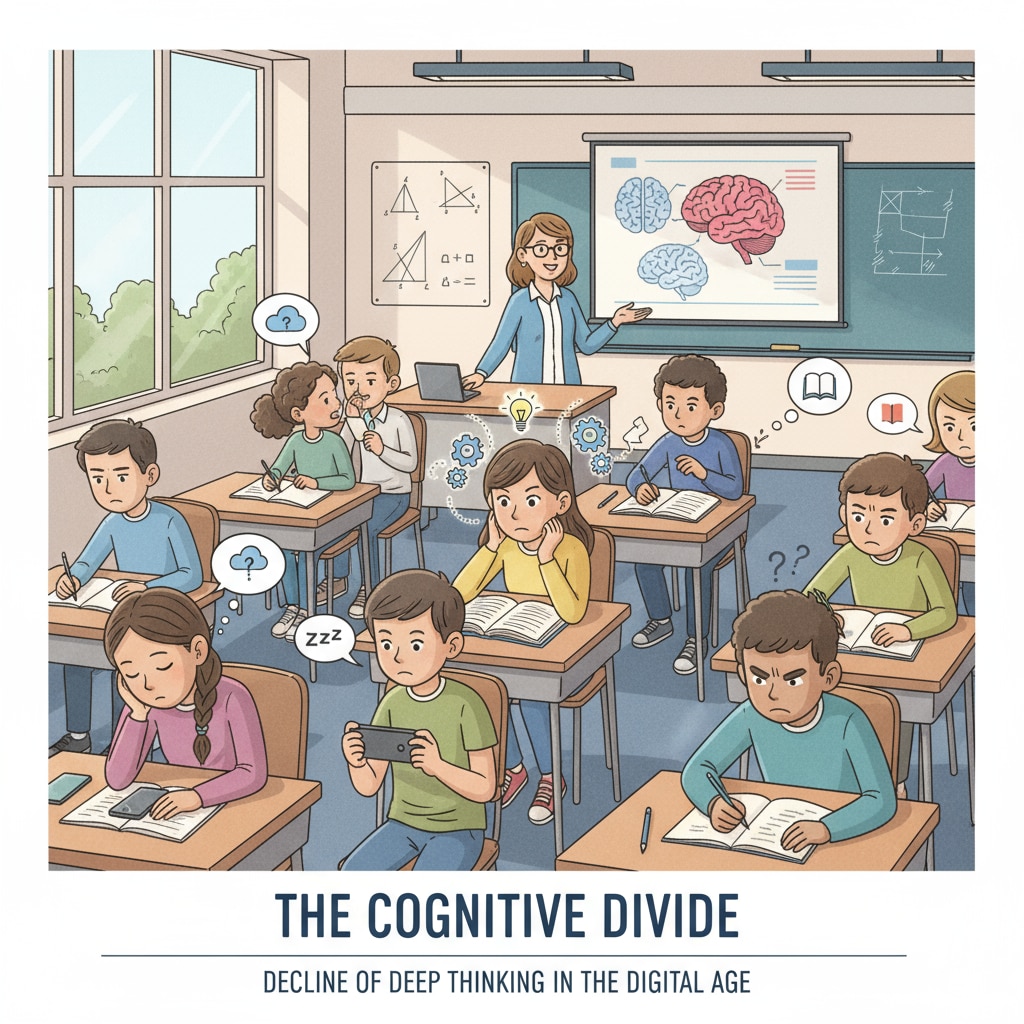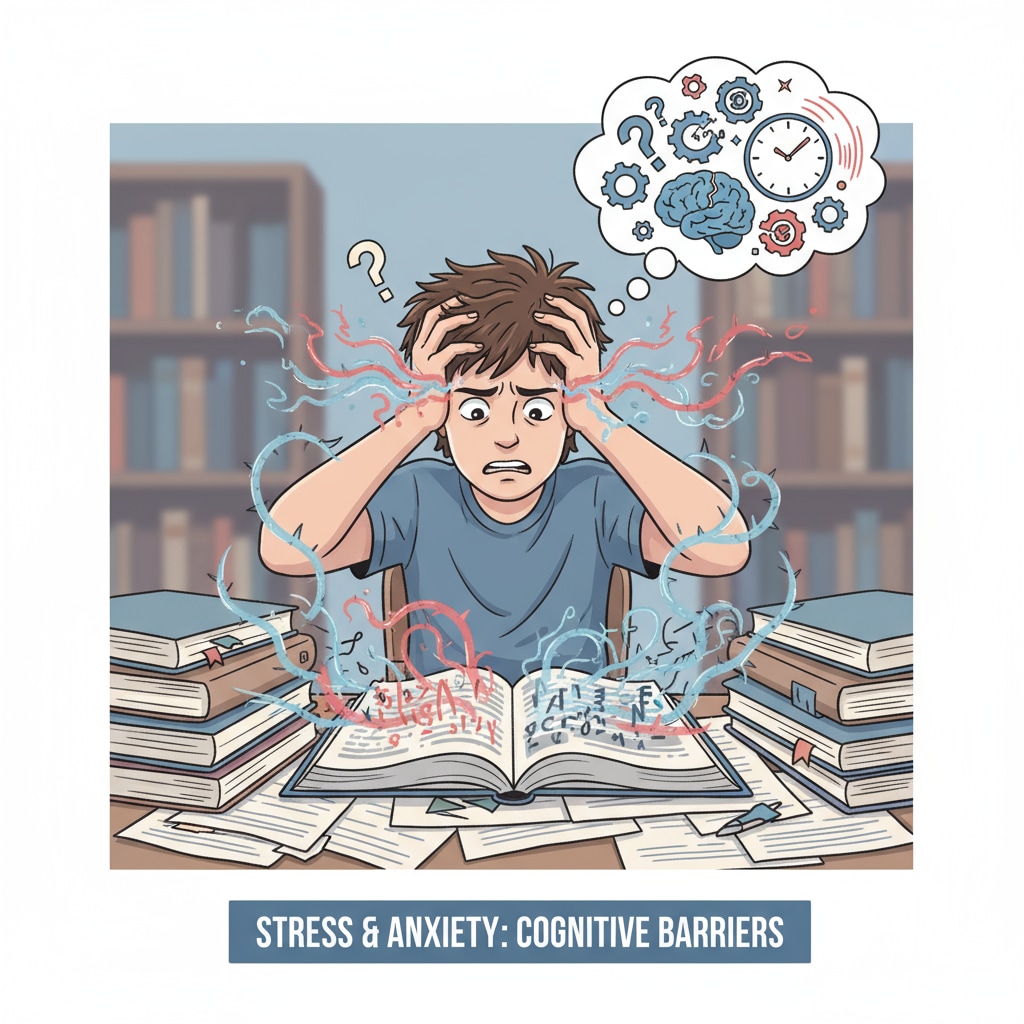Deep thinking, cognitive barriers, and sleep quality are crucial aspects in the development of K12 students. In today’s fast-paced world, the ability of students to engage in profound thought is facing numerous challenges. As we strive to enhance students’ cognitive capabilities, it’s essential to understand the obstacles and find effective solutions.

The Decline of Deep Thinking Abilities
One of the most significant issues in modern K12 education is the decline of deep thinking among students. Digital distractions, such as smartphones and social media, have become major culprits. Students are constantly bombarded with information, making it difficult for them to focus and engage in in-depth analysis. According to Britannica, the overexposure to digital media can disrupt the cognitive processes necessary for deep thinking.
Cognitive Barriers at Play
Cognitive barriers also contribute to the problem. These can be related to the way information is presented in the classroom. Traditional teaching methods often focus on rote memorization rather than encouraging critical thinking. As a result, students may struggle to connect ideas and form a deeper understanding of the subject matter. Moreover, stress and anxiety can also act as cognitive barriers, hindering students’ ability to think clearly and deeply.

Another important factor is sleep quality. A lack of proper sleep can have a detrimental effect on cognitive function. When students don’t get enough sleep, their attention span decreases, and they find it harder to process information. This directly impacts their ability to engage in deep thinking. As stated by Wikipedia, sleep plays a vital role in memory consolidation and cognitive processing.
Solutions for Restoration
To address these issues, several solutions can be implemented. First, sleep management is crucial. Parents and educators should ensure that students get an adequate amount of sleep. Establishing regular sleep schedules and creating a conducive sleep environment can greatly improve sleep quality.
In addition, optimizing the learning environment is essential. Reducing digital distractions in the classroom and providing a quiet, focused space can help students concentrate better. Teachers can also use innovative teaching methods that encourage critical thinking and problem-solving.
Finally, educators should focus on building students’ cognitive skills. This can be achieved through activities that challenge students to think deeply, such as group discussions, research projects, and debates.
Readability guidance: By understanding the dilemmas of deep thinking decline, addressing cognitive barriers, and improving sleep quality, we can take significant steps towards restoring students’ deep thinking abilities. These solutions, when implemented effectively, can have a positive impact on K12 students’ cognitive development.


